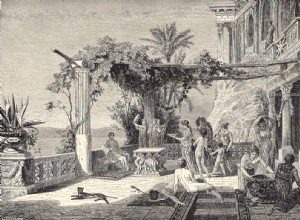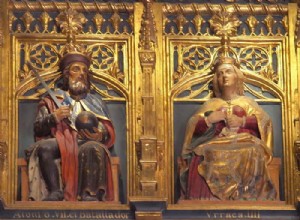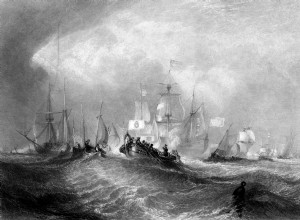First of all, we should specify that we will ask our Roman friend about these three emperors of the Julio-Claudian dynasty who ruled during the first century because they are considered an example of cruelty and depravity. Me:For us, who live in the 21st century, the emperors Tiberius, Caligula an




